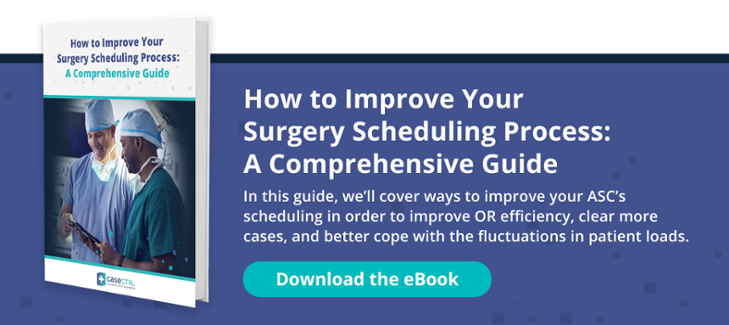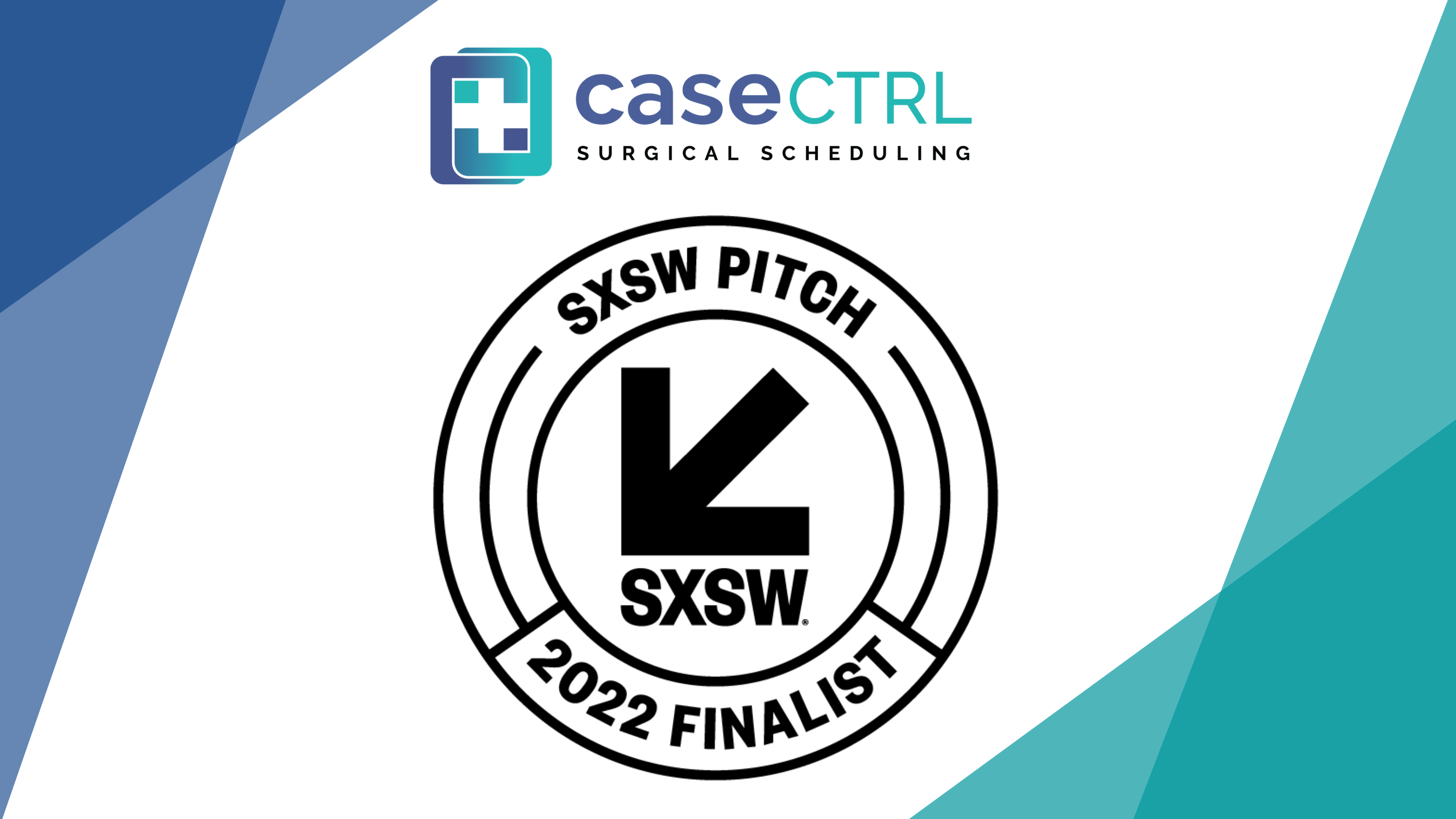A successful surgical procedure is a chain of well-coordinated activities, personnel, and requirements that need to happen in the right place and at the right time. It's only as effective as the weakest link, and accurate surgical preference cards can play a critical role in preventing costly errors and delays while improving treatment outcomes.
The Importance of Maintaining Accurate Surgical Preference Cards
Surgical preference cards provide a workflows and logistics blueprint for surgery calendar schedulers. They include instructions and list out supplies and equipment needed for each procedure performed by a specific surgeon.
Keeping your surgical preference cards up-to-date helps ensure that all the necessary equipment is available at the start of a procedure to avoid delays. Having the right items at the ready also allows personnel involved in an operation to focus on the patient, rather than searching for supplies.
Accurate and up-to-date preference cards can also improve patient safety, achieve faster response time, improve turnover time, reduce the risk of complications, minimize anesthesia times, ensure the punctual start of procedures, avoid costly cancellations, and prevent waste caused by incorrectly pulled supplies.
Not to mention, accurate surgical preference cards can improve staff communication and collaboration, minimize frustration, and improve employee retention. They also help reinforce a culture of safety and increase operational cost-efficiency.
How to Clean Up Your Surgical Preference Cards
Cleaning up your surgical preference cards may require some effort but is well worth the time and money you can save in the long-run.
To start, audit your existing surgical preference cards. Your assessment should identify major issues, such as inefficiencies, miscommunications, or the inability to capture costs. You should also take inventory of how many cards you have and whether they're paper, electronic, or both.
Remove cards associated with outdated procedures or inactive surgeons. Then, delete any extraneous information to keep the data as relevant and succinct as possible. Also, audit how often unused, opened instruments are getting returned so you can find ways to reduce wastes. Involve end users (e.g., surgeons and nurses) from the start to ensure buy-in and minimize revisions required in the future.
You can also analyze the differences among surgical preference cards from various physicians for the same procedures. Discuss your findings with the physicians to see if they can adjust their processes so you can create a more standardized approach. This can help you uncover cost-saving opportunities, consolidate the procurement of supplies, and improve efficiency.
The well-known 80/20 rule also applies to updating surgical preference cards. If you start with the top 20% of most frequently used cards, you'd likely have addressed 80% of errors and issues. Then, you can proceed with updating the rest.
The Challenges of Maintaining Accurate Surgical Preference Cards
Cleaning up your surgical preference cards is a key step, but even more important is to make sure they're kept up-to-date. But as you can imagine, maintaining a large number of surgical preference cards, each corresponding to one specific procedure, is a daunting task.
Outdated and mismanaged surgical preference cards can drive up medical inventory costs. Some common causes of errors include outdated information and methodology, incorrect data, pick-list not correctly tied to the item master file, and the lack of an audit process to ensure compliance.
Inefficiencies can also be caused by relying on a limited number of staff members (e.g., overworked nurses and surgery calendar schedulers) to update or access the surgical preference cards. For instance, your preference cards are more likely to be subjected to human errors, and your ability to schedule operations promptly may be hindered by the schedulers' availabilities.
Also, if you have paper or local digital copies of surgical preference cards kept by multiple schedulers or at different facilities, you need to make sure that every party receives a new version when an update is made. Such a manual process is highly error-prone, and any oversight can lead to wastage, mistakes, and delays.
Building a Cost-Efficient Surgical Preference Cards System
To maximize the benefits of surgical preference cards, you need an effective system that'll allow you to streamline their cleanup, maintenance, and management; it’s for this reason that many practices choose surgery scheduling software to aid in the process. This will help you ensure the accurate and complete transfer of surgeon knowledge so that anyone can schedule a case to minimize reliance on a handful of employees and surgery calendar schedulers.
A centralized electronic database augmented by automation capabilities enables you to manage your surgical preference cards all in one place. It allows anyone involved in scheduling and performing the procedures to access the information in real-time so you can drive efficiency, save time, reduce errors, improve treatment outcomes, and increase patient satisfaction.
A HIPAA-Compliant Intelligent Repository
Our AI-powered HIPAA-compliant intelligent repository not only provides a centralized location for all the preference card information but also learns each surgeon’s case preferences over time to reduce the dependence on surgery calendar schedulers.
The easy-to-use platform captures communications to make surgical preferences clear, consistent, but customized to each case, and easy to retrieve. No more second guessing what the surgeon may request for the case. You can leverage past data to clean up existing cards and real-time updates to ensure the most accurate data analytics.
Take the guesswork out of maintaining surgical preference cards — our surgical scheduling platform helps you improve operational cost-efficiency and reduce errors so you can provide more predictable and accountable care that improves patient experience and treatment outcomes. See how CaseCTRL can help you make the most of surgical preference cards and get in touch to find a plan that's right for you.









































